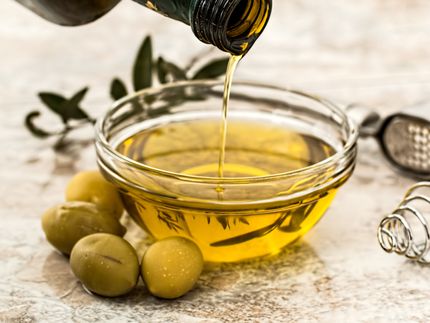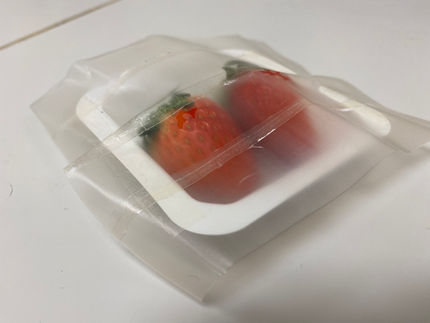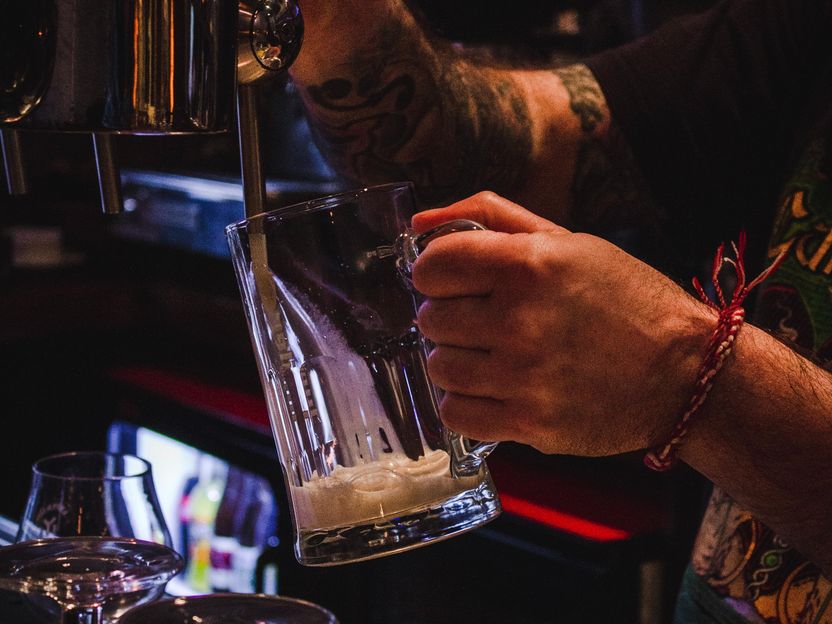Solve food fraud efficiently and cost-effectively
Counterfeit food, in particular false information about geographical origin, causes billions of dollars in economic damage every year. Botanists at the University of Basel have now developed a model that can be used to determine the origin of food efficiently and cost-effectively.
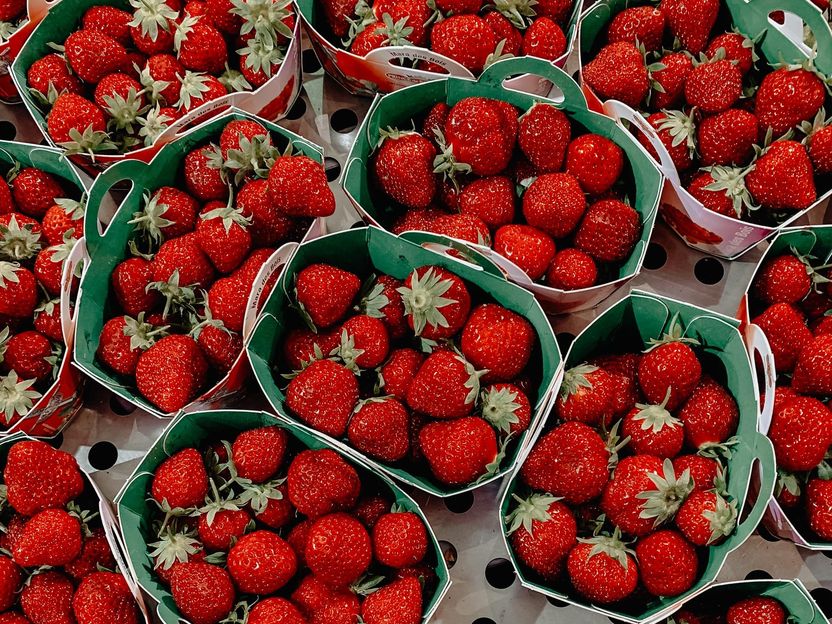
Photo by adrianna geo on Unsplash
Strawberries from Switzerland or olive oil from Italy can be sold in the shop at a significantly higher price than if these products originated in other countries. Authorities and the food industry therefore repeatedly fight against false declarations of the geographical origin of products. The annual economic damage is estimated at 30 to 40 billion dollars.
One method of detecting food fraud is to determine the delta O-18 value of a product sample, which characterizes the oxygen isotope ratio. Until now, this procedure has been very laborious and costly. When fraud is suspected, not only reference data from the alleged country of origin must be collected, but also comparative data from other regions to validate or disprove the origin of the product.
Cost-effective thanks to model calculation
The botanist Dr. Florian Cueni from Basel has now developed a model in cooperation with Agroisolab GmbH, a company specialising in isotope analysis, which enables them to simulate the oxygen isotope ratio in plants from individual regions, thus eliminating the need for the costly collection of reference data. The model is based on temperature, precipitation and humidity data and information about the growth period of a plant. They obtain this information from publicly available databases.
Cueni tested and validated the model on a unique delta O-18 reference data set for strawberries collected across Europe over 11 years. The case study showed that the model can simulate the origin of strawberries with high precision.
Versatile
"With minor adjustments to the parameters, our model can be used to determine all plant products," says Prof. Dr. Ansgar Kahmen, who led the research project. Conventional isotope analysis could thus be simplified and accelerated by precisely simulating the regions of origin of agricultural foodstuffs.
The model developed by the Basel botanists is of interest to official food forensics or investigative authorities, for example when the origin of confiscated drugs is at stake, as well as to private forensic institutes that inspect foodstuffs or act as expert witnesses in court. On the other hand, NGOs such as WWF or Greenpeace are interested in it - especially with regard to determining the origin of illegally logged timber - and finally also the food industry, for which the sale of potentially falsely declared foodstuffs is damaging to its reputation.
Note: This article has been translated using a computer system without human intervention. LUMITOS offers these automatic translations to present a wider range of current news. Since this article has been translated with automatic translation, it is possible that it contains errors in vocabulary, syntax or grammar. The original article in German can be found here.
Original publication
Other news from the department science
Most read news
More news from our other portals
See the theme worlds for related content
Topic world Food safety
Food safety is at the heart of the food and beverage industry. It ensures that the food we eat every day is not only nutritious, but also free of harmful contaminants. From field to plate, the industry monitors and regulates every step of the process with strict quality controls, advanced testing methods and continuous research.
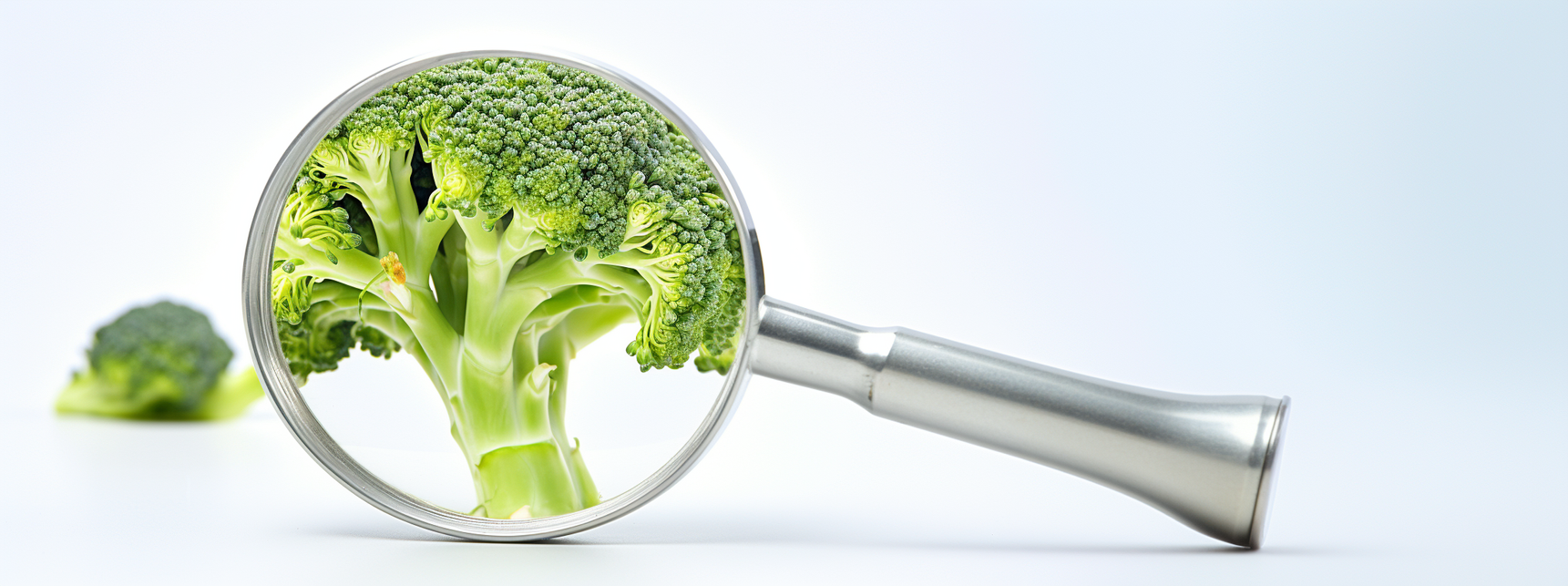
Topic world Food safety
Food safety is at the heart of the food and beverage industry. It ensures that the food we eat every day is not only nutritious, but also free of harmful contaminants. From field to plate, the industry monitors and regulates every step of the process with strict quality controls, advanced testing methods and continuous research.
